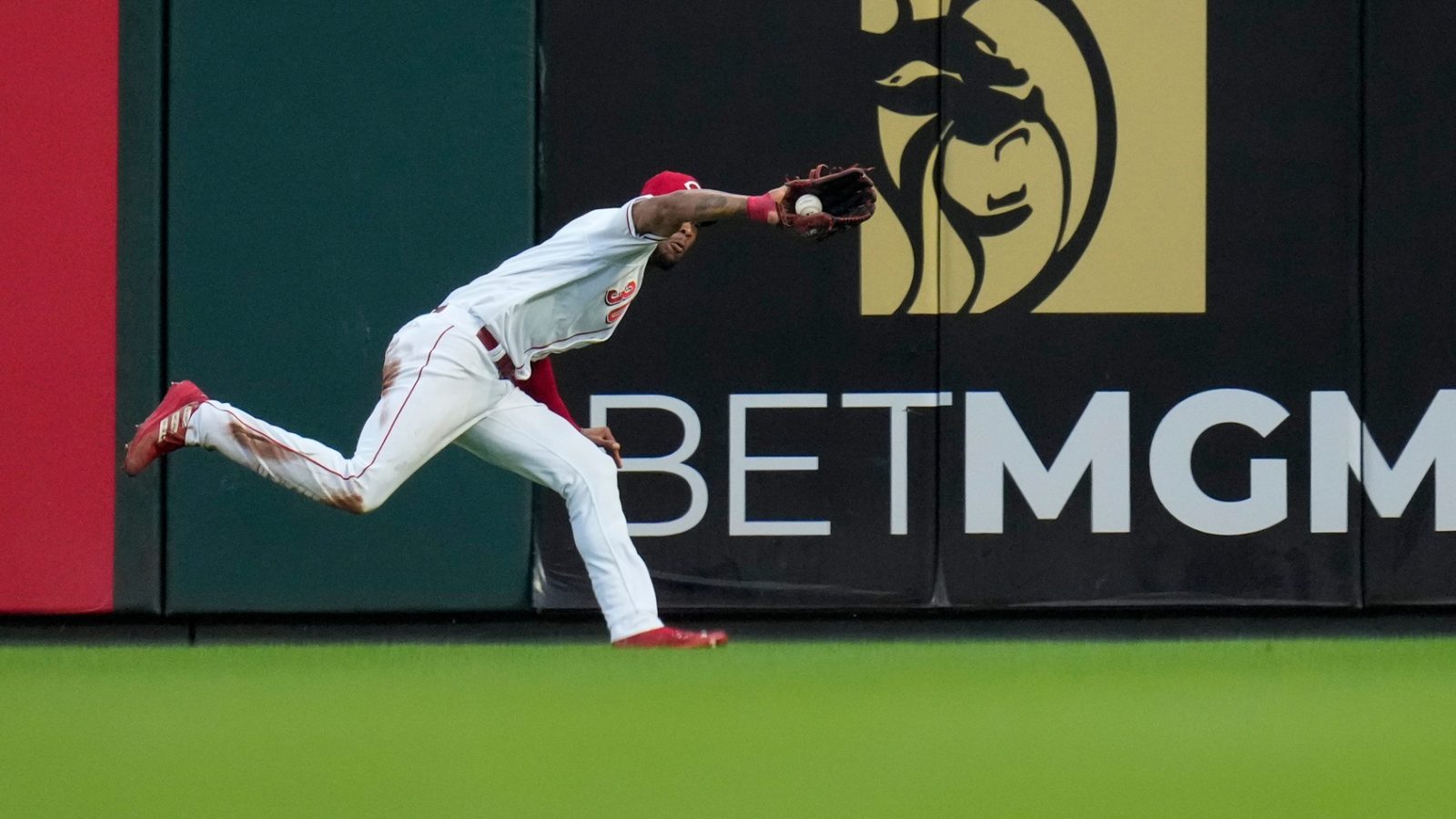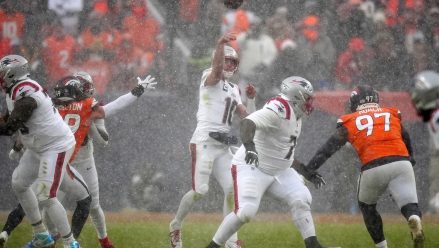Cast your mind back to 2020 and 2021, in the early days of legal sports betting in the U.S.
Desperate to reach customers as markets opened, sportsbooks raced to sign deals with media and sports teams.
Most of those deals were five-year agreements. That means many are set to expire within the next year or so, unless they’re renegotiated.
Five years ago was a very different time in the sports betting industry. There were a number of brands on the market that didn’t make it to 2025 and, amid the excitement of new markets and low interest rates, everyone was willing to spend big on customer acquisition.
Eric Foote understands that dynamic well. From 2020-22, he was PointsBet’s chief commercial officer, signing deals with the NHL and NBC, among other organizations.
Today, he’s an intermediary on those types of deals as the founder of sponsorship advisory firm Vig Partners.
“The big thing early on is they want to rent that customer,” Foote told InGame. “And there were so many new states coming online and the marketing budgets were very high.
“There’s no need for that now. These operators control their customers.”
So what does that mean for the renegotiated deals?
“There’s less demand now and the prices are likely to soften,” gaming consultant Eilers & Krejcik’s partner emeritus Chris Grove said.
Some deals have already been extended, such as DraftKings’ partnership with Dan Le Batard’s Meadowlark Media last month. The initial deal was reportedly worth up to $50 million, but no price was given for the extension.
Supply and demand favors operators
The decline in value is pretty easy to explain. There are simply a lot fewer sportsbooks around, with a lot lower marketing budgets, these days.
“Supply and demand is at the top of the list,” Foote said. “There’s more opportunities than operators can even bite off.
“The leverage now lies with the operator, not the team.”
As a result, prices could come significantly down in renegotiations.
“I won’t quote a specific organization, but I would say that the value of those deals are probably reduced by 30-40 percent,” Foote said. “That doesn’t necessarily mean a deal will get renegotiated for 30-40 percent less, though. An operator may pay the same on an extension or renewal, but may get 30-40 percent more assets.”
In April 2021, the NFL signed Caesars, FanDuel, and DraftKings as its first sports betting partners in a $1 billion deal. If the decline that Foote foresees happens, that would be a difference of up to $400 million for the same assets.
On the media side, even though it was signed later, Penn Entertainment’s deal with ESPN may be an interesting test of where the market stands. On last month’s earnings call, Penn CEO Jay Snowden noted that the parties could end or renegotiate the deal in 2026. If renegotiated, it’s likely to be at a much lower cost than even 2023 prices.
Foote noted that a decline wouldn’t have exactly been a shock to anyone five years ago, though it could wind up steeper than some predicted. Those early deals were often done with the knowledge that prices would come down later.
“We cut some deals at PointsBet where we wanted to get out of the gate fast and then reassess the deal,” he said.
“So many states were going online, and that goal was to be on the starting line on day one. And most knew that even the larger operators were being aggressive.”
The decline may not be equal across the entire market.
“Major market teams could still maintain reasonable pricing power,” Grove pointed out.
Other deals may just get dropped, with one side or both deciding it just isn’t worth it in the current market.
Fewer new markets
The lack of new market openings has played a part, too. Deals with local teams and media outlets were usually agreed just ahead of a state coming online to reach new customers in that state. No new states means less reason to sign a big deal.
The one exception this year will be Missouri, the only state set to launch legal sports betting.
In that case, there is one thing that can prop up the value of partnerships with sports teams, at least: market access.
“Everybody’s looking for their best market access position,” Foote said.
“Market access is driving it. I would say it’s very different to where it was in Arizona,” he added, citing a state that allowed sports betting operators to partner with teams for market access when it legalized sports betting in 2021. “There were more operators than teams there. Now there’s more teams than operators.”
‘All opportunities are on the table’
While fewer sportsbook operators are spending big on acquisition these days, there are some new businesses in the betting-adjacent fold.
Sweepstakes businesses, pick-’em style fantasy sports, and prediction markets that offer sports event contracts have emerged as significant players in recent years. All offer products that critics argue is a form of gambling — perhaps to differing degrees — without having to deal with the same regulations as traditional sportsbook operators.
Foote said he wouldn’t be surprised to see large organizations at least take a look at partnerships with these emerging businesses, though whether it becomes anything more than a conversation is not clear.
“Teams and leagues follow the money. At the same time they have to balance the integrity of their sport,” he said. “It’s a slippery slope, but I would be very surprised if there aren’t detailed conversations going on. There’s prediction markets, sweepstakes, DFS 2.0. If their numbers are decreasing, those are some of the opportunities out there.
“The NFL deals, the large deals, they’re coming up sooner rather than later. To me, all opportunities are on the table.”





